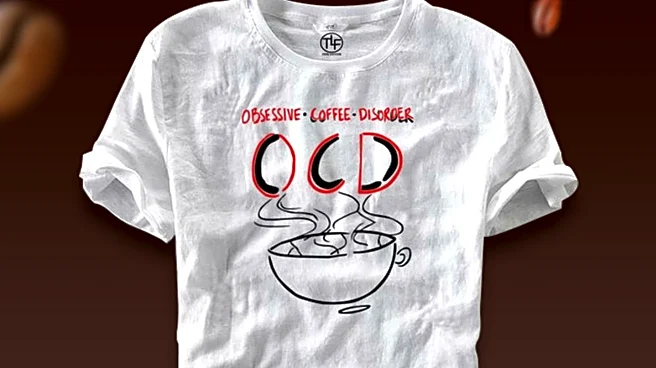What's Happening?
An op-ed highlights the need to stop trivializing obsessive-compulsive disorder (OCD) as a mere punchline. The author shares personal experiences with OCD, emphasizing the complex nature of the disorder,
which involves intrusive thoughts and compulsions. The piece argues that misconceptions about OCD, such as equating it with a desire for cleanliness, are harmful and prevent individuals from seeking help. The op-ed calls for greater awareness and understanding of OCD, particularly the non-visible forms that involve mental rituals.
Why It's Important?
Trivializing OCD contributes to stigma and misunderstanding, which can deter individuals from seeking necessary treatment. Accurate representation of OCD is crucial for promoting mental health awareness and ensuring access to effective therapies like Exposure and Response Prevention (ERP). By challenging stereotypes, society can foster a more supportive environment for those affected by OCD, encouraging them to seek help without fear of judgment.
Beyond the Headlines
The op-ed underscores the importance of language in shaping perceptions of mental health disorders. Misuse of terms like 'OCD' can minimize the experiences of those living with the condition, highlighting the need for responsible communication. Advocating for affordable and accessible mental health care is essential to address the financial barriers that often accompany treatment for OCD.










